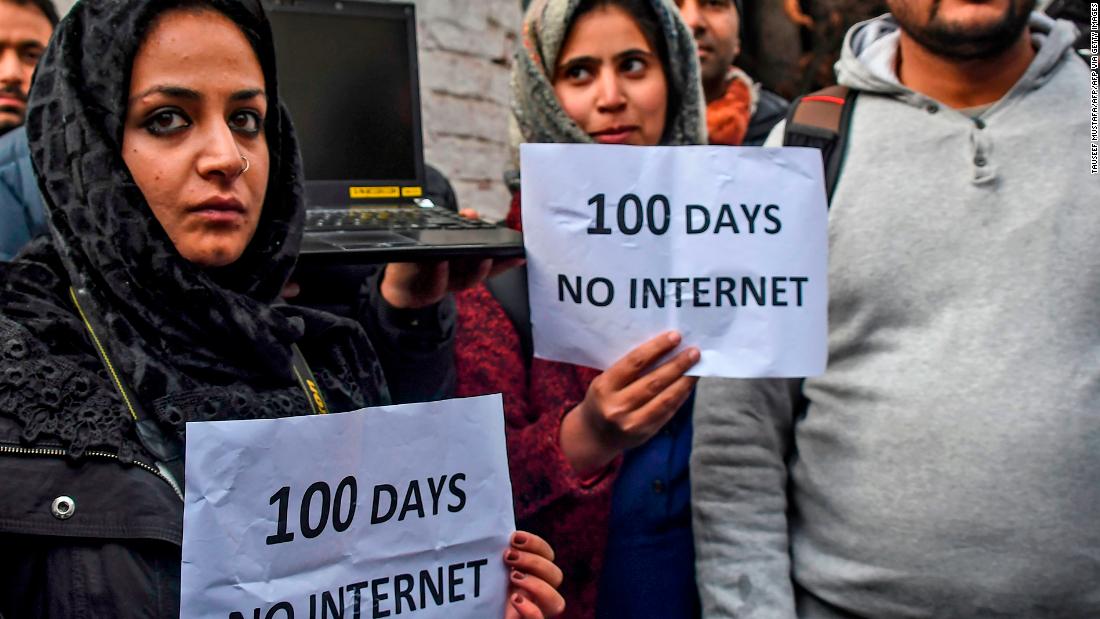

The list of food export restrictions that Laborde has been tracking since the COVID-19 pandemic is long and constantly changing. Laborde said the bans are “a very selfish policy … because you try to make things better by making things worse for others.” The situation is particularly dire for Sudan, where inflation is expected to reach 245% this year, and Iran, where prices for chicken, eggs and milk soared by as much as 300% in May, sparking panic and protests. The pain is being felt unevenly, with 2.3 billion people experiencing severe or moderate hunger last year, according to a global report by the World Food Program and four other UN agencies.įood prices accounted for about 60% of last year’s rise in inflation in the Middle East and North Africa, with the exception of the oil-producing Gulf countries.

In countries where people spend at least a third or more of their income on food, any sharp increase in prices can trigger a crisis.Ĭapital Economics forecasts that households in developed markets will spend an additional $7 billion a month on food and beverages this year and much of next due to inflation.

article contentįood prices have risen nearly 14% this year in emerging markets and more than 7% in advanced economies, according to Capital Economics. This ad has not been uploaded yet, but its article continues below.


 0 kommentar(er)
0 kommentar(er)
